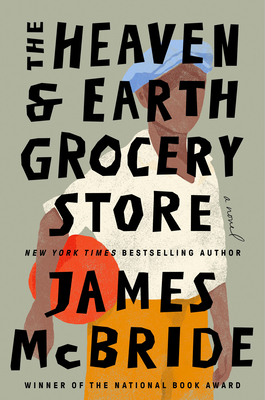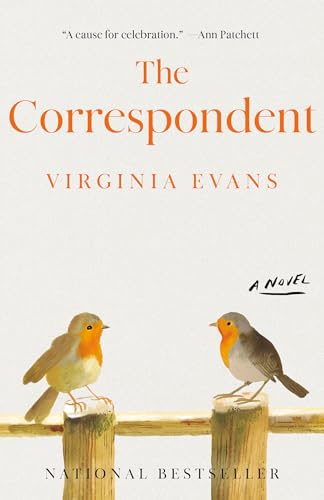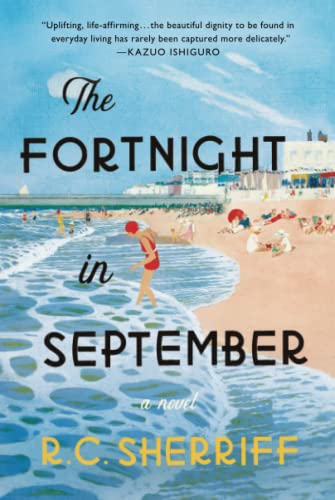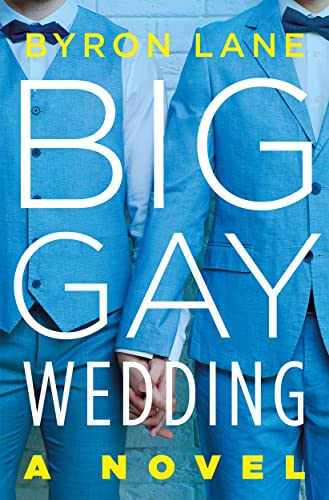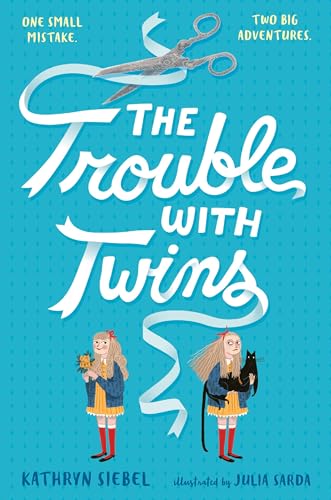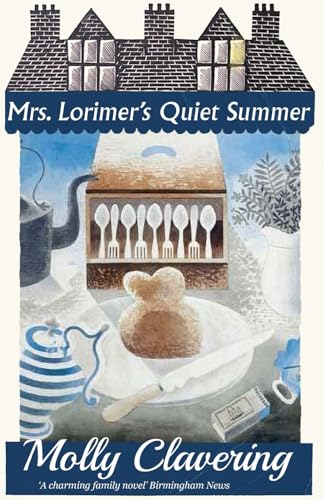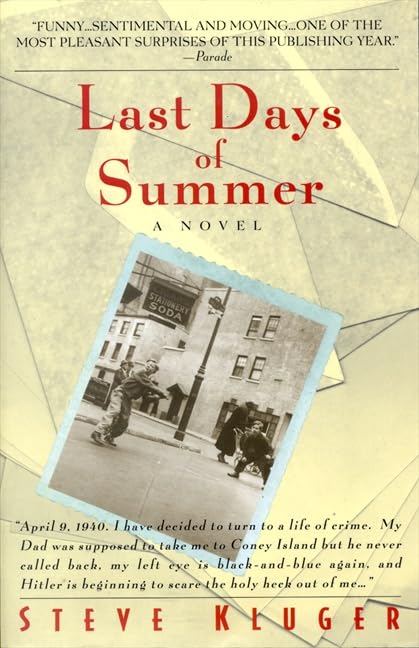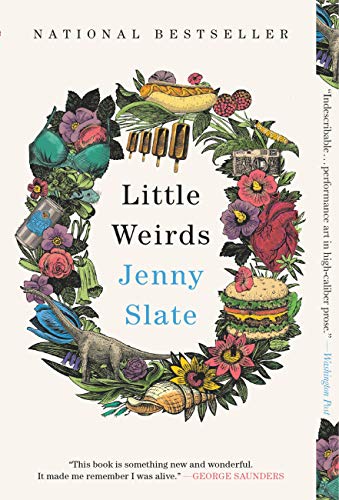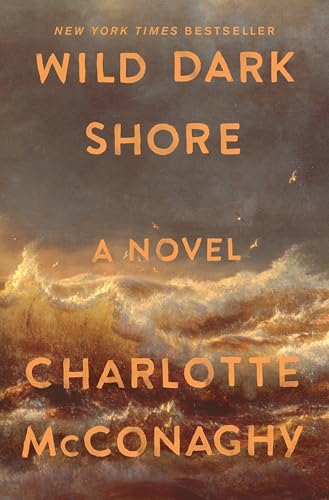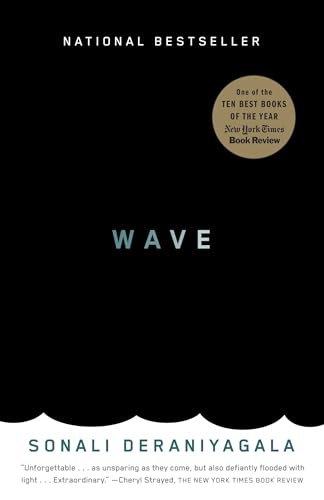This is the story of the 1930s Chicken Hill neighborhood in Pottstown, Pennsylvania and its people, the European immigrant Jews who built a synagogue and a dance hall there, and their impoverished black neighbors. Opening with the discovery of a decades old skeleton, the story then moves back in time to the events that led up to said skeleton's burial in a well, the year that the state decided to insitutionalize a deaf black child the community had rallied to hide from the authorities and his family and the people who loved him organized to bring him home again.
McBride takes a long time building his unnecessarily extensive cast of characters (many of whom are not integral to the story in any way), their attitudes, and the place that they live before he even comes to Dodo's state sanctioned kidnapping. This was one of the biggest weaknesses of the novel; a tighter plot and fewer digressions would have made for a more enjoyable reading experience, at least for me. The chapters move from character to character, almost in the way of interconnnected short stories, which does build the sense of community but still makes for a lack of cohesiveness to the story. And although the author's acknowledgment section discusses McBride's bona fides as a camp counselor at a camp for handicapped children, his portrayal of Monkey Pants, a child with cerebral palsy at the the institution, was troubling. That he was the only character in the story not given an internal voice reduced him to only his disability in a way that the personable (and deaf) Dodo was not. There is a complex web of connection and difficut themes like racism, strength of community, and love and kindness here and the individual threads do all eventually come together to some degree but the pacing is slow and uneven and even the answer to the mystery of the skeleton isn't that gripping in the end. Ultimately I don't regret reading this and McBride does know how to write (if not edit his own work); it just wasn't what I had hoped.
